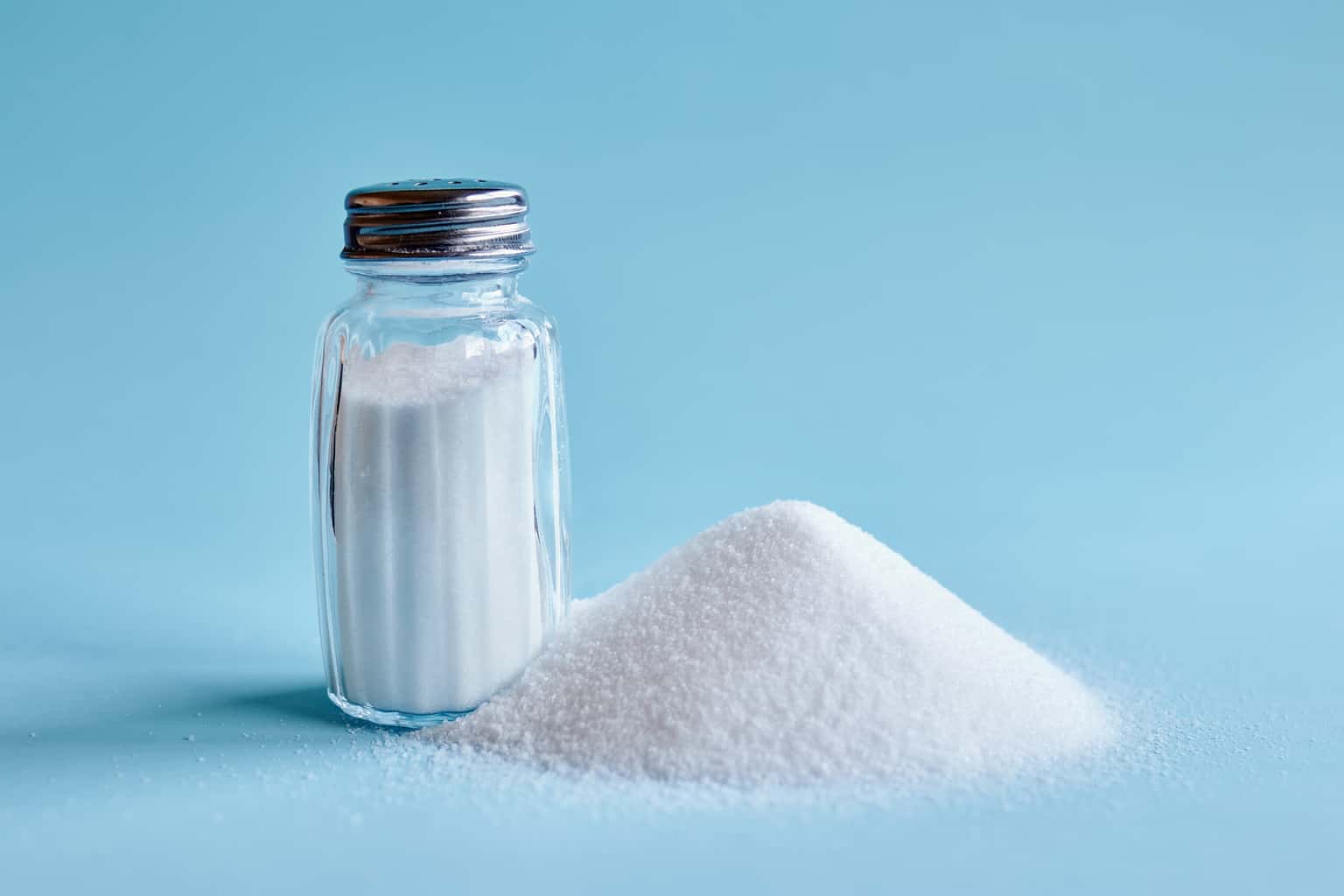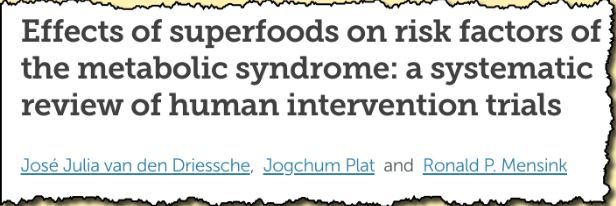
[cmamad id=”19057″ align=”center” tabid=”display-desktop” mobid=”display-desktop” stg=””]
Why you may want to INCREASE salt intake…
—–Important Message—–
Diabetes-free in 2 weeks?
Weirdly enough, diabetic men have cells that can NOT eat sugar.
The sugar piles up in their bloodstream. That’s why they have high blood sugar.
Because their cells are NOT eating the sugar.
And if you can get those cells to EAT sugar again, the diabetes is GONE.
How can a man get his cells eating sugar again?
Simply by avoiding 5 foods (that you probably don’t like anyway), you will reset your body into sugar-burning mode…
And diabetes can be fixed in weeks.

————
It turns out that salt isn’t so bad for you after all
If your doc has EVER told you to lower your salt intake because “salt is bad for your heart,” then you have to read this.
Look, I’m not a doctor (or any other kind of medical professional) and I am 100% not allowed to give you medical advice. So… This is NOT medical advice.
But what I CAN do is tell you about new studies and new research that are coming out that your doctor probably doesn’t know about.
Which is probably the case if your doctor is still telling you to stay off salt.
Here’s the thing: It is HARD to get salt out of your life.
That’s because salt makes stuff taste good.
From burgers to tomatoes, a sprinkle of salt makes food WAY more appetizing.
But… we are CONSTANTLY being told to stay away from salt…that salt is terrible for us and salt will kill us.
[cmamad id=”19058″ align=”center” tabid=”display-desktop” mobid=”display-desktop” stg=””]
“The American Heart Association recommends just — 1.5 grams of sodium a day for individuals at risk of heart disease.”
It’s time to stop believing this hype about salt.
Because new, well-done research tells a very different story.

Pass the salt, please…
It turns out that all the hype around salt being terrible for you is just a bunch of bunk.
For most people, the average daily consumption of salt isn’t dangerous at all.
“New research shows that for the vast majority of individuals, sodium consumption does not increase health risks except for those who eat more than five grams of salt a day, the equivalent of 2.5 teaspoons of salt.”
95% of people in developed countries eat less than 2 ½ teaspoons of salt a day – which is a level that doesn’t cause health risks.
“The majority of the communities had an average sodium consumption of 3 to 5 grams a day (equivalent to 1.5 to 2.5 teaspoons of salt).”
So if you eat a “regular amount of salt” – like most people in these communities – then you’re in the clear.
When does salt become dangerous?
This doesn’t mean you can eat any amount of salt you want.
Like lots of other things, normal consumption is fine…
But excessive consumption of salt is not okay.
And salt does become dangerous in high levels – over 5 g a day of sodium.
This happens mainly in China where the sodium intake is high on average.
“Only in the communities with the most sodium intake – those over five grams a day of sodium – which is mainly in China, did we find a direct link between sodium intake and major cardiovascular events like heart attack and stroke.”
As you can see, for most people limiting salt intake doesn’t actually help to reduce the risk of heart disease.
But here is what does help.
What actually does reduce the risk of heart disease?
Eating real foods that are high in potassium is what actually reduces the risk of heart disease.
This sounds complicated, I know.
But basically, it means eating foods with as little processing as possible.
Fruit, in particular, has a major protective effect.
People who eat several servings of fruit a day live longer than those who don’t.
“We found all major cardiovascular problems, including death, decreased in communities and countries where there is an increased consumption of potassium which is found in foods such as fruits, vegetables, dairy foods, potatoes, nuts, and beans.”
Warning: it is possible to get too much sodium – here’s how.
In most developed countries, if you’re going to get too much sodium in your diet it’s probably going to be from processed food.
Canned soups and frozen dinners, in particular, are very high in sodium.
The good news is that by eating real food to reduce the risk of heart disease, you will also automatically lower your sodium intake if it is too high…
Again, it is very rare for people to get too much sodium, but does happen in about 5% of the population.
One of the easiest ways to do this is to ask yourself:
“Where am I getting my REAL food from today?”
Over time, this simple question will help you to eat better.
It creates a mindset shift that will help protect your heart and help you live a healthier life.
So, eat real food and pass the salt!
Despite its reputation, salt makes almost all foods taste better, and can be a great part of a healthy diet.
—-Important Message—-
10 million men will pay $300 per month for this…gladly…but you can have it for pennies right now.
Every man will do anything to live decades longer…
…which is why men are expected to pay $300 per month and EVERY Big Pharma company is spending BILLIONS of dollars in a race to take advantage of this one, breakthrough discovery…

This breakthrough discovery speeds up a man’s metabolism so it’s just like when he was a teenager.
But Big Pharma is trying to develop a patented treatment they can charge big bucks for…
So don’t be surprised if all your guy friends are buying into this costly Big Pharma breakthrough in a year.
But wait…
It turns out that there is a very cheap natural way to accomplish the same life-lengthening without the patented treatment…
Your lifespan may increase, metabolism warms up, and your sexual performance becomes what it was when you were a teenager.
———

https://www.sciencedaily.com/releases/2018/08/180809202057.htm
Urinary sodium excretion, blood pressure, cardiovascular disease, and mortality: a community-level prospective epidemiological cohort study
https://www.thelancet.com/journals/lancet/article/PIIS0140-6736(18)31376-X/fulltext

Leave a Reply